|
اولاً : فى مصر

---------------------------------------------------------
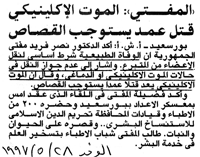
---------------------------------------------------------

---------------------------------------------------------
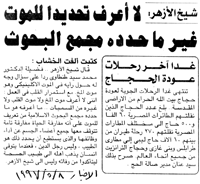
---------------------------------------------------------

---------------------------------------------------------
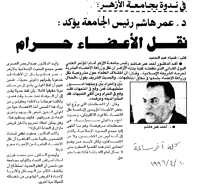
---------------------------------------------------------
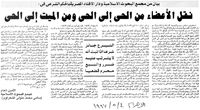
---------------------------------------------------------
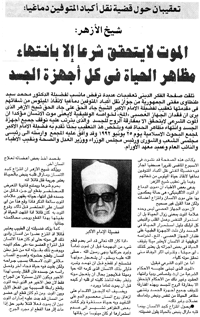
---------------------------------------------------------
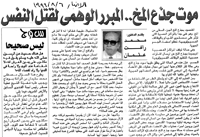
---------------------------------------------------------
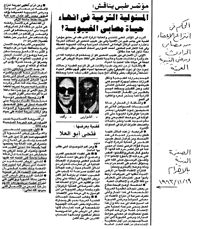
---------------------------------------------------------
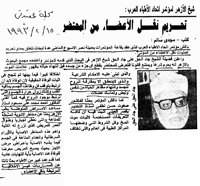
---------------------------------------------------------
ثانياً :
فى الأردن

---------------------------------------------------------
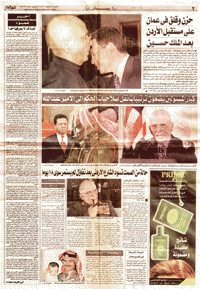
---------------------------------------------------------
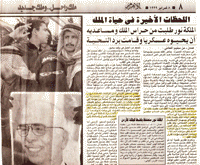
---------------------------------------------------------
ثالثاً :
فى السعودية
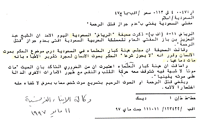
---------------------------------------------------------
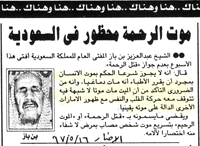
---------------------------------------------------------

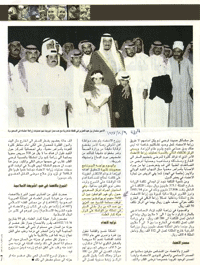
---------------------------------------------------------
رابعاً :
رفض الهيئات الطبية وكبار الاطباء المتخصصين
لاكذوبة موت المخ :
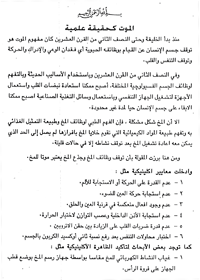
---------------------------------------------------------
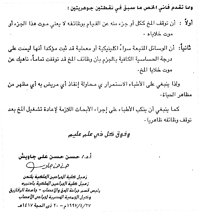
---------------------------------------------------------
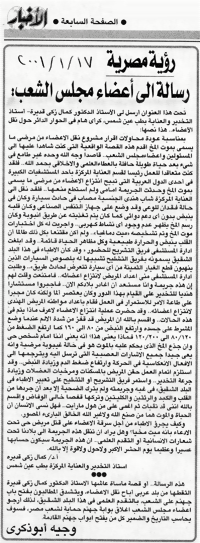
---------------------------------------------------------
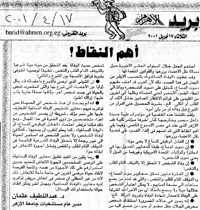
---------------------------------------------------------
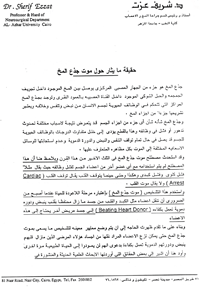
---------------------------------------------------------
خامساً :
المعارضة الشديدة لاكذوبة موت المخ من الهيئات
والاجهزة القضائية
:
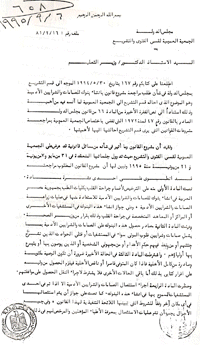
---------------------------------------------------------
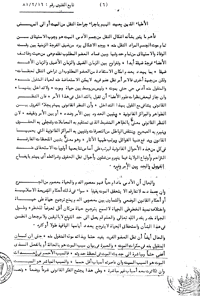
---------------------------------------------------------
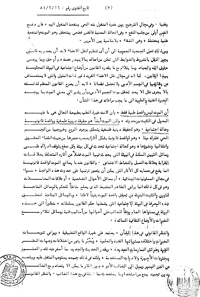
---------------------------------------------------------
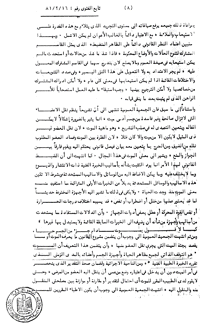
---------------------------------------------------------
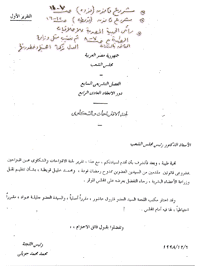
---------------------------------------------------------

---------------------------------------------------------
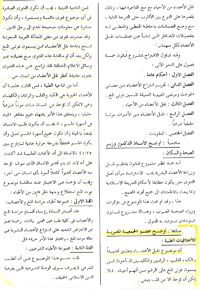
---------------------------------------------------------
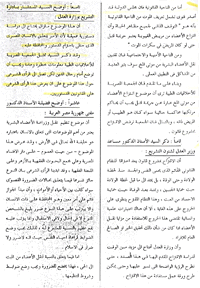
---------------------------------------------------------
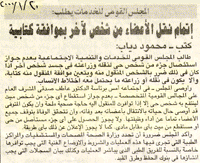

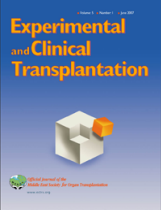
Exp Clin Transplant.
2003 Dec;1(2):96-101.
important social factors that affect organ
transplantation in Islamic countries.
Al-Khader
AA,
Shaheen FA,
Al-Jondeby MS.
King Abdul Aziz Medical City,
Planning & Research, Saudi Center for Organ Transplantation,
Riyadh. aaalkhader@hotmail.com
Social attitudes and beliefs have
direct and strong impact on people's acceptance of organ
donation and brain death, and therefore affect the entire
practice of organ transplantation. The views differ from one
society to another, and they at least partially explain
regional variations in the world with respect to success of
organ transplantation.
Social attitudes
and ethics in Islamic countries are closely intertwined with
Islamic tradition, teachings and heritage. These positions
are strongly adhered to in many Islamic countries, and by
Moslems who live in countries that are not predominantly
Islamic. We feel that transplant physicians and
transplant coordinators should be aware of these factors
when dealing with potential donors and recipients.
Decision-making can be facilitated if these issues are
considered prior to consulting with a donor's family and if
an appropriate compassionate explanation of need for
transplantation and basis of brain death diagnosis is
provided based on a knowledge of underlying social
constraints. Such steps can make the donation process
smoother for both health care workers and the family.
__________________________________________________________
Eur Neurol. 2003;49(2):90-3.
Survival of cardiac function after brain
death in patients in Kuwait.
Al-Shammri
S, Nelson RF, Madavan R, Subramaniam TA, Swaminathan TR.
Department of Medicine, Faculty of
Medicine, Kuwait University, PO Box 24923, Safat 13110,
Kuwait. suhail@hsc.kuniv.edu.kw
BACKGROUND:
Persistent cessation of all
cerebral and brainstem function (brain death) is accepted in
most countries as legal evidence of death. It is presumed
that cardiac function will cease within a short time after
brain death has occurred.
In some
countries, such as Kuwait, tradition and practice discourage
application of the brain death criteria despite legal
acceptance.
OBJECTIVE:
The study was designed to assess the duration of persistence
of cardiac function in patients after the diagnosis of brain
death had been made on the basis of generally accepted
criteria.
METHODS:
We evaluated how long cardiac function persisted after brain
function had ceased in 40 patients in Kuwait who were
admitted to hospital and died during the 10-year period
1992-2001.
RESULTS:
It was found that the mean persistence of cardiac function
after brain death was 8.20 days and the median survival time
was 6 days. Two thirds of the patients survived longer than
a week, but none had cardiac function for longer than 30
days.
CONCLUSION:
The study confirms that brain death is not automatically
followed immediately by cessation of all other body
functions. It may be speculated therefore that whole-body
homeostasis is not as intimately associated with brain
function as has hitherto been thought. Copyright 2003 S.
Karger AG, Basel

|